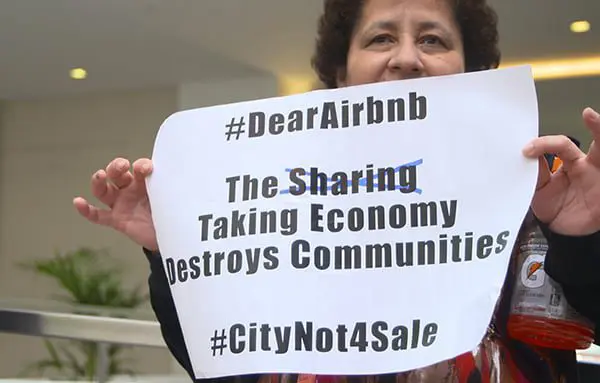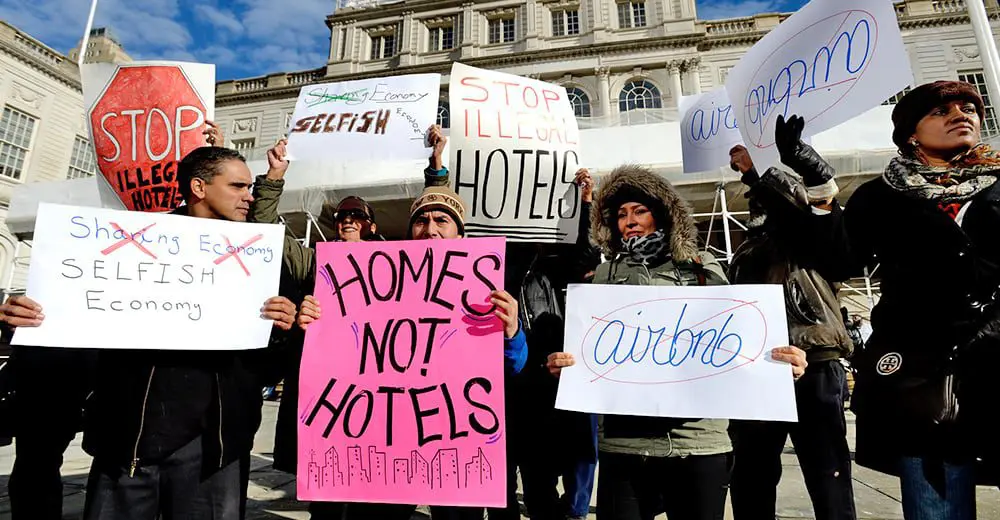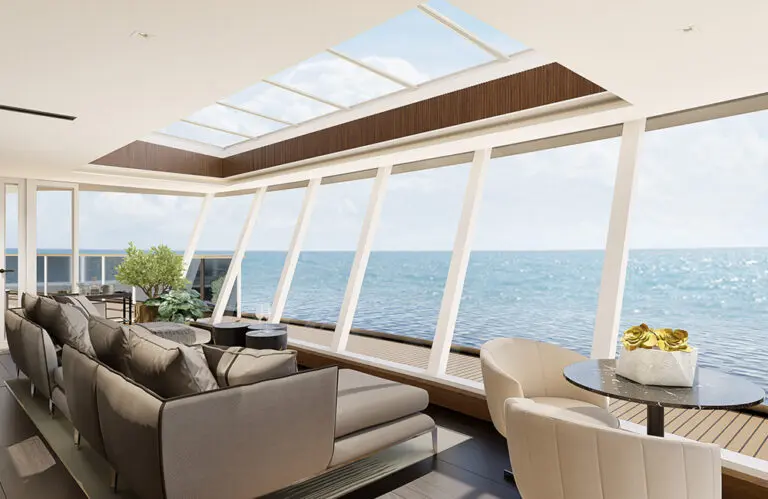The hotel industry has been dealing with some pretty stiff competition since Airbnb burst onto the scene back in 2008. But there’s another group that’s been suffering in silence – the locals.
Fed up of sky-rocketing rental prices, communities around the world are coming together with one voice and saying they’ve had enough of the sharing economy and its effect on rental prices in their local neighbourhoods.
Over the last few years, popular tourist hotspots, for example Barcelona in Spain and San Francisco in the USA, have seen the demand for short-term accommodation reach such astronomical levels that Airbnb property owners are now able to charge tooth and nail for a place to stay and get away with it.
Sure, as a traveller, paying $100 a night ($10,000 a night if you’re Beyonce!) for your own pad in Barcelona or San Francisco isn’t such a bad a deal when you’re in town for a few nights.
But take a moment to think about what effect that price would have on a local.
The sad truth is that Airbnb properties (and other short-term accommodation websites such as Gumtree and even Expedia) have simply driven the price of rent so high that locals just can’t afford to pay it anymore.
Because they can no longer afford to live in the neighbourhood they grew up, these locals have had to leave, only to see it populated with visiting tourists and transient workers.

Protesters occupy Airbnb HQ in San Francisco.
In the past, the price of rent was somewhat regulated by the ebb and flow of long-term renters.
If a landlord wanted to raise the rent on a building, they would have to risk losing the current tenants. This prospect acted as a deterrent to stop the landlord from raising the rent too high.
But now with Airbnb and the demand of short-term accommodation, a landlord can charge exorbitant amounts for rent to travellers that don’t want to stay in a traditional hotel.
Because they can make relatively more money by renting out their properties on a short-term basis, they no longer have to consider the financial capabilities of the local community (i.e., the long-term renters).

To put it in simple terms: with Airbnb, landlords have a much lower risk level if they want to hike up the rents.
For example, one building in San Francisco recently turned an old unit into a “co-creative house” with bunk beds and the capacity to house six occupants. The rental property now brings in over $10,000 a month.
For that type of money, why have permanent residents at all?
In response to this recent phenomenon many communities around the world – such as Barcelona and San Francisco – are now either banning short-term rentals outright, or limiting the number of days a year a non-hotel unit can be rented out.
It’s hoped that these measures will drive the price of rent back down to manageable levels for local renters.
But Airbnb has been pushing back, saying that these measures are being put forward by the hotel industry who are sick and tired of sharing economy giant Airbnb cutting into their market share.
On the home front, the NSW Government has said it will continue to work with Airbnb because it is “here to stay.”
What do you think?







